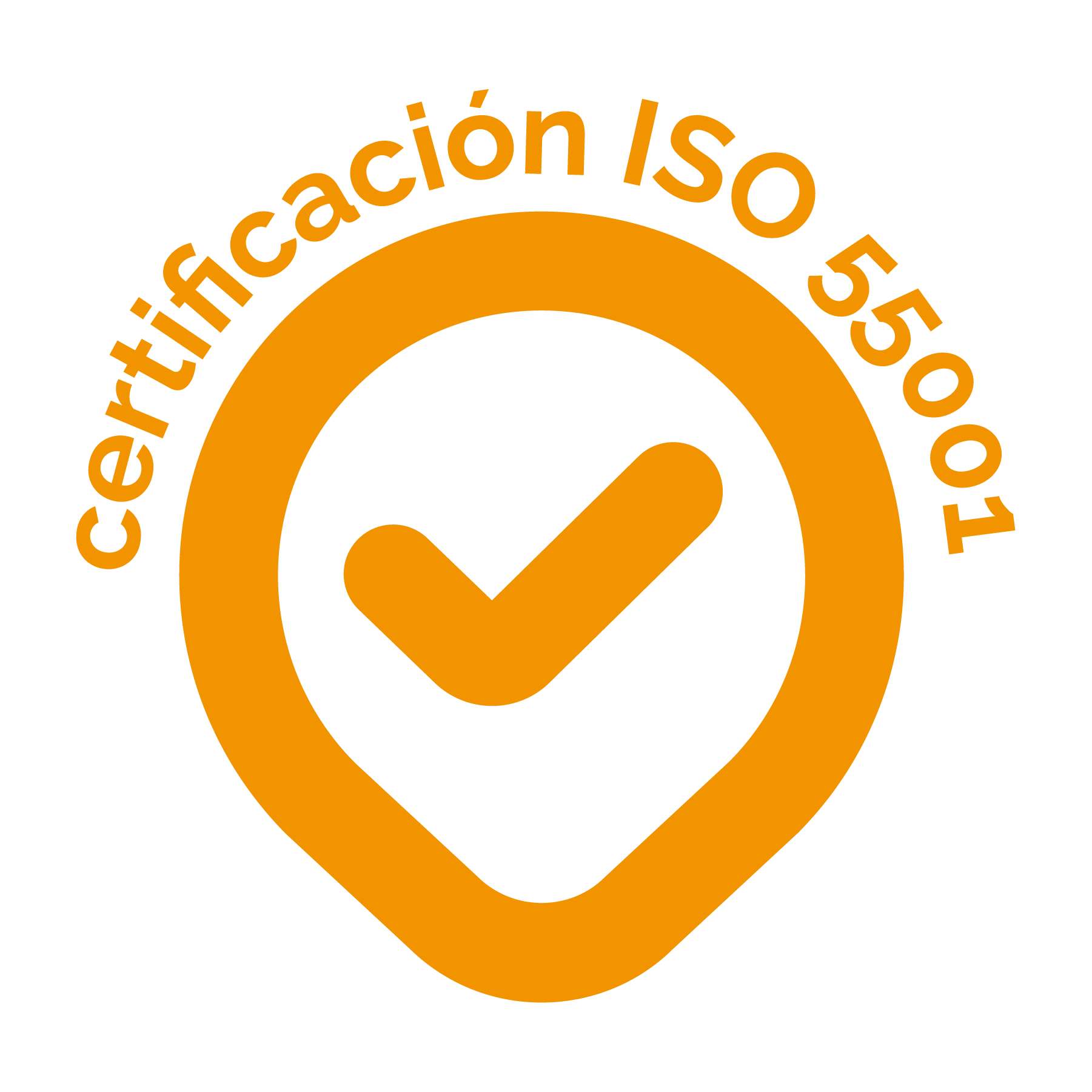The Journey to ISO 9001 Certification: What to Expect
Within the current fierce market landscape, entities are continuously seeking ways to refine their processes and boost customer happiness. A of the most recognized methodologies for reaching these aims is via ISO 9001 certification. This certification demonstrates a business's commitment to quality assurance and affirms that they effectively meet customer and regulatory requirements.
ISO 9001 is a component of the ISO 9000 family of quality management standards and provides a framework for continual progress. Companies that pursue this certification can anticipate a structured approach to managing the operations, which produces increased efficiency, reduced waste, and eventually, higher levels of customer satisfaction. As we delve deeper into the journey toward ISO 9001 certification, we will investigate the key actions, barriers, and benefits that come with this revolutionary process.
Grasping the Basics of ISO 9001 Overview
ISO 9001 certification is an internationally recognized criterion that defines the requirements for a system of quality management. It is designed to help companies confirm that they satisfy the demands of their customers while also aiming to comply with regulatory requirements concerning their products and service provisions. The standard is applicable to any organization, regardless of size or industry, making it a flexible framework for managing quality.
One of the essential elements of ISO 9001 is the emphasis on constant improvement. Organizations seeking ISO 9001 accreditation are encouraged to regularly assess their processes and implement adjustments that can enhance efficiency and success. This commitment to improvement is not just about addressing issues; it's about cultivating an environment that encourages excellence at multiple levels.
ISO 9001 also underscores the value of satisfying customers. By adopting the standard, organizations demonstrate their dedication to offering services and solutions that consistently meet consumer demands. Achieving ISO 9001 certification can improve an organization’s image, build confidence with consumers, and create new opportunities for business in a fierce competition.
Steps to Achieve Certification
The journey to ISO 9001 starts with detailed planning and commitment from top management. Companies must initially assess their current quality management system to spot shortcomings in fulfilling ISO 9001 requirements. This involves conducting a detailed review of existing processes, procedures, and documentation. Gaining buy-in from management is vital, as support from the top will drive engagement and resource allocation throughout the certification process.
Afterward, organizations should develop a comprehensive implementation plan. This stage includes training staff on ISO 9001 standards and principles, updating existing processes, and recording new procedures that align with the standard. Robust communication within the organization will foster a culture of quality and ensure everyone understands their roles in achieving compliance. Regular internal audits should be scheduled to track progress and enhance processes as necessary.

Ultimately, once the organization is confident in its quality management system, it can arrange for an external audit with a certified ISO registrar. During this audit, the registrar will assess the organization’s adherence to ISO 9001 requirements. If successful, certification will be granted, confirming that the organization satisfies international quality management standards. Following certification, ongoing maintenance of the system through regular reviews and continuous improvement is essential to sustain compliance and enhance overall performance.
Advantages of ISO 9001 Certification
ISO 9001 certification offers a variety of benefits which can significantly enhance an entity’s operations and reputation. One of the key benefits is the enhancement of customer satisfaction. By adhering to the ISO 9001 standards, organizations create a more uniform product or service delivery, leading to enhanced customer trust and loyalty. When customers feel secure in the quality they receive, they are often return and endorse the company to others.
Another significant benefit is the optimization of internal processes. Achieving ISO 9001 certification demands organizations to assess their workflows and identify aspects for improvement. This continuous evaluation allows for more efficient operations, cutting waste and eliminating errors. As a result, businesses can achieve budget cuts while also enhancing overall productivity, positioning them better in a competitive market.
Finally, ISO 9001 certification can provide a strategic advantage when it comes to commercial prospects. Many clients prefer working with certified companies, as it signifies a commitment to quality management and improvement. Being ISO 9001 certified can lead to new contracts, enhance partnerships, and ultimately lead to business growth. certifyproinsights.ma can help organizations differentiate among the competition, turning it into a valuable investment for future success.